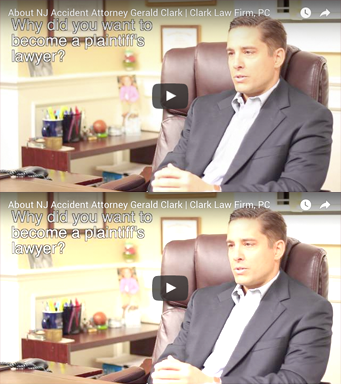Medical Credibility
The harsh reality of personal injury litigation is that the defendant and his/her insurance provider will be closely scrutinizing all aspects of the victim’s injuries and medical situation. Insurers will look for any holes in the plaintiff’s story and will attack the credibility of any medical treatment or procedure that may not have been necessary. If you were recently injured in an accident or incident, your New Jersey personal injury attorney will make certain that the defendant’s insurance company does not damage your medical credibility and that the true value of your claims is clear to the judge or jury.
Discrepancies
The defendant will be looking for discrepancies between medical records and the victim’s version of the accident. Insurance adjusters will comb through the medical reports and compare them to any different versions given in a deposition or answers to interrogatories. These discrepancies can be very minor in nature, but can nonetheless render an injured plaintiff less credible in the face of a jury. Should your opponent try to harm your credibility by presenting different testimony, your New Jersey personal injury attorney will make certain the trier of fact understands the reasons why your prior recollection may have been inconsistent.
Another discrepancy involves different renditions of the plaintiff’s actual injuries as compared with the doctor’s description. In addition, an adjuster may try to allege that the plaintiff engaged in over-treatment of the injury by ordering tests and pursuing unnecessary treatments from physicians. Again, your New Jersey personal injury attorney can rebut this type of evidence and you should never feel as though you should not pursue a course of treatment for fear that the defendant may claim you are over-treating the condition.
Along these lines, adjusters will look for inconsistencies with medical billing, alterations or evidence of fraud. Evidence of inconsistencies can be rebutted by evidence that the original bill was incorrect or the physician’s office needed to make a change on the bill before it was sent.
Physical Inconsistencies
If you are claiming to be disabled and/or unable to work, the defendant will try to unearth evidence to suggest you are not actually disabled and are fully capable of performing physical tasks. Physical inconsistencies could include testimony from a plaintiff that he is no longer able to work despite the fact he engages in physical recreation on the weekends.
If you are interested in speaking to the Clark Law Firm about your personal injury case, contact us today: 877-841-8855.

